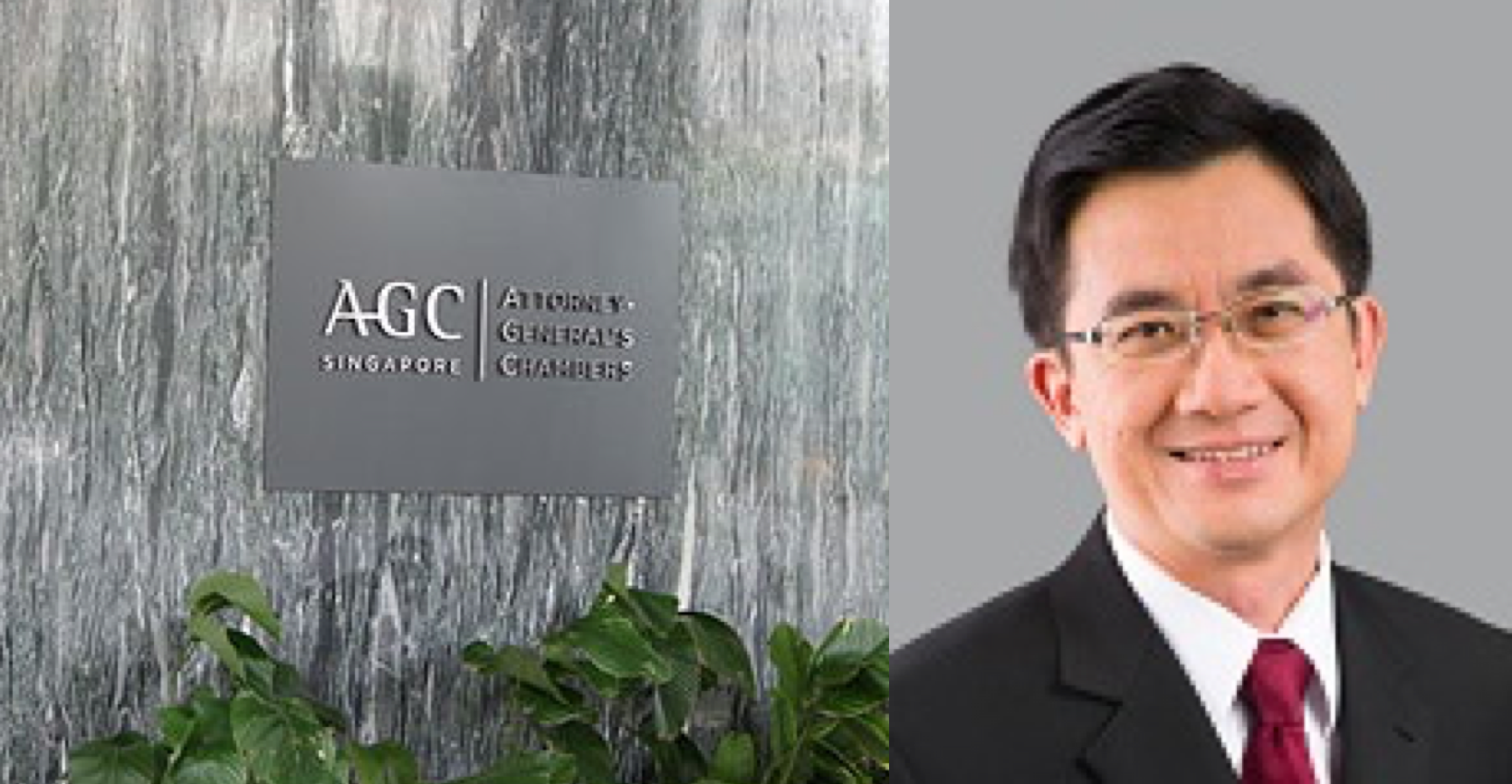The Attorney-General's Chambers (AGC) made an announcement on Jan. 7 that they were referring a case of possible professional misconduct to the Law Society.
Sounds routine, but the lawyer in question was Lee Suet Fern (LSF), the former managing partner of Morgan Lewis Stamford and the wife of Lee Hsien Yang.
The case in question involved late Prime Minister Lee Kuan Yew's will, and the circumstances in which it was drafted and executed.
According to AGC, LSF "appears to have prepared the Last Will of Mr Lee Kuan Yew and arranged for Mr Lee Kuan Yew to execute it, despite the fact that her husband, Mr Lee Hsien Yang, is one of the beneficiaries under the Last Will."
Naturally, controversy erupted as people questioned the AGC's role in the matter:




 Screen shots from Mothership's Facebook page.
Screen shots from Mothership's Facebook page.
Speculation mounted further following a public response by Lee Hsien Yang, also on Jan. 7, on Facebook.
He denied that his wife was the late Lee Kuan Yew's lawyer, and challenged the AGC to release its "full exchange" with Lee Suet Fern.
What does the AGC do?
Before we go further, it might be helpful to understand what are the actual roles of the Attorney-General (AG) and the AGC in Singapore.
Our current AG is Lucien Wong, who was appointed the 9th AG in Jan. 2017.
Wong used to be Prime Minister Lee Hsien Loong's personal lawyer. But he has recused himself from Lee Suet Fern's case, and the matter is being handled by Deputy AG Lionel Yee.
The AG has two main roles, supported by five divisions.
Prosecutor
The role that Singaporeans may be most familiar with is as the public prosecutor.
The AG has the power to institute, conduct, or discontinue any legal proceedings for any offence.
This work is performed by two divisions:
- Criminal Justice Division - Responsible for all public prosecutions, except those relating to finance and technology offences.
- Financial and Technology Crime Division - Responsible for white-collar and general commercial crime prosecutions and appeals, but also corruption cases and cybercrime.
On Jan. 7, AG Wong announced in a speech that the AGC will be restructuring the two divisions to form a single Crime Division.
Adviser
The AGC also has another role, to serve as the government's legal adviser.
In this capacity, it provides legal advice to the various Ministries and other Organs of State on a number of issues, including constitutional and administrative law, competition law, and disciplinary inquiries of public officers.
This is performed by three divisions:
- Civil Division - Providing legal advice.
- International Affairs Division - Same thing, but for matters of international law.
- Legislation Division - Taking the policies formed by the government, and translating them into actual laws.
In other words, if someone in the government is working on something that requires legal advice, the AGC is there to help.
Legal profession
But aside from its two main roles, Singaporeans may not be aware of the AGC's responsibilities under the Legal Profession Act.
In fact, the AGC has a responsibility to deal with possible misconduct by lawyers and other legal professionals.
In its media release on Jan. 7, AGC said it had a "statutory duty" to look into such cases, including LSF's. The AGC said:
"When the AGC becomes aware of possible professional misconduct, it is required to consider if the matter should be referred to the Law Society under section 85(3) of the Legal Profession Act."
You can read the relevant statute of the Act here.
The AGC also emphasised that it does not determine guilt or innocence, nor is it making any findings on the merit of the case, just by referring it to the Law Society.
So if the AGC is aware of misconduct by any lawyer, it may refer the matter to the Law Society.
Even if that lawyer happens to be be a member of the Lee family.
(Update, Jan. 9: Story updated to reflect the planned restructuring of the AGC crime division.)
Related stories:
Top image adapted from smuconlaw via Wikimedia Commons and AGC's website.
If you like what you read, follow us on Facebook, Instagram, Twitter and Telegram to get the latest updates.

